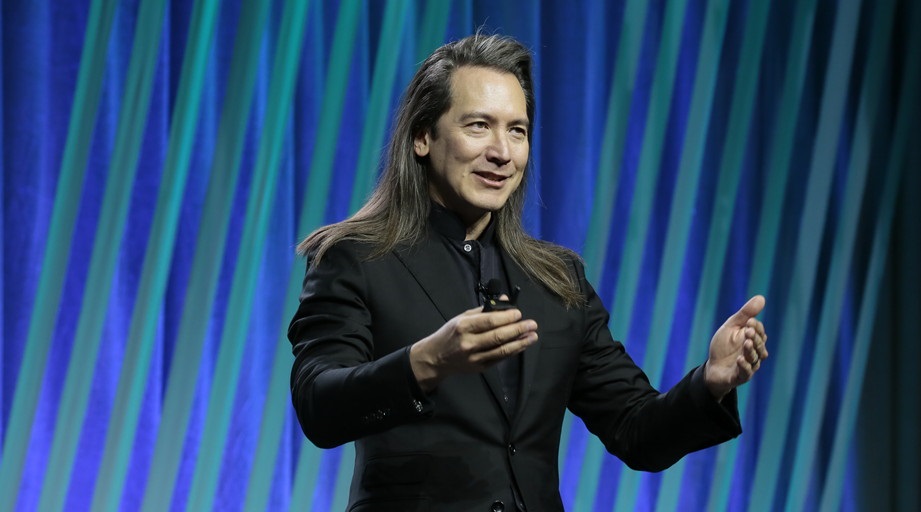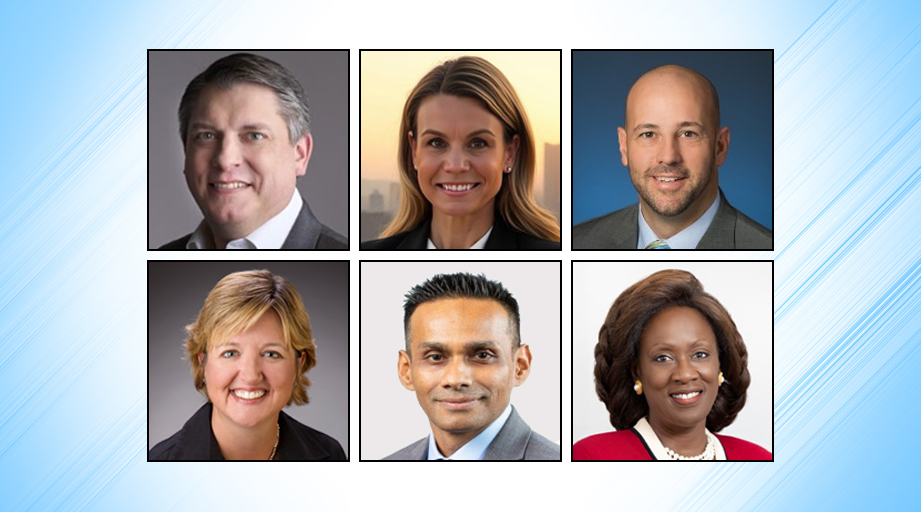
Artificial intelligence (AI) is already transforming the world, and healthcare organizations need to understand how to use the technology in transformative ways, says futurist Mike Walsh, the keynote speaker at ASHP Pharmacy Futures 2024 in Portland, Oregon.
“I believe the most successful organizations in the 21st century will be those that leverage this technology, not just to cut costs or increase efficiencies, but to do something much more important, which is to transform experiences — not just for patients, but for everyone,” Walsh said during his June 10 presentation.
Walsh said he envisions a near future in which AI infuses every aspect of what we do. He cautioned that the biggest potential mistake for today’s decision-makers is that they will underestimate “the true impact of what the next 10 years might look like.”
A shift from transactional care
Walsh said AI is already influencing everyday life by integrating disparate pieces of information into multifunctional platforms.
He used the analogy of Spotify as an algorithm-influenced platform for experiencing music, versus the traditional system of identifying and purchasing individual songs or albums. The result, he said, is that people routinely experience a universe of music without having to know how much a song or album costs.
That sort of platform, he said, will also change how healthcare is perceived and delivered.
- “We’re going to create new experiences where they’re not so focused on the transaction and price,” Walsh said.
- He said that smart glasses and other consumer devices and technology will become increasingly integrated into routine patient care encounters. “We’re all going to have our own personal AI, our digital twins, that interact with the world around us,” he said. “It sounds like science fiction, but it’s already happening today.”
- Walsh gave a shout-out to Baptist Health South Florida, which is using generative AI to document patient encounters by generating clinical notes from transcribed patient conversations. He predicted the technology will improve the clinician and patient experience and improve patient care outcomes.
It’s still about people
AI technology is pervasive and getting more so. But Walsh emphasized that human beings are essential for driving how the technology is implemented and incorporated into daily life — and into the workplace.
- “The most important place you have to focus your attention is not technology,” he said. “It’s people — how we change, how we behave, how we adopt new ways of thinking.”
- Walsh said workplaces will have to adapt as AI becomes adept at tasks traditionally performed by people. But he emphasized that this shift opens new opportunities for the workforce.
- “The biggest problem with AI today is that in many settings, it cannot be trusted to give the user valid advice. It hallucinates. It makes up facts,” Walsh said. Using people’s skills and capabilities to leverage AI and other technologies “is probably going to be more important in healthcare than any other industry,” he added.
- Nevertheless, he emphasized that micromanaging technology isn’t an effective use of time. “There are going to have to be things that we trust machines to do,” he said.
What lies ahead
The keynote session ended with an engaging question-and-answer sit-down between Walsh and AJHP Editor in Chief Daniel J. Cobaugh.
The two discussed the legal and regulatory aspects of AI, bias and equity in data used to train AI, education to prepare the healthcare workforce for an AI-influenced world, how to ensure AI is implemented in ways that add value to the healthcare enterprise, and avoiding information overload in the pharmacy workplace.
- Walsh also shared his prediction that humanity is evolving toward a future where people don’t need to interact with screens but will instead use external agents or even implanted devices to plug into the virtual and real world — a notion Walsh acknowledged was terrifying to the attendees.
- “We're still a way off from that. But you're going to start to see the seeds of that already, where people feel like these technologies, these agents become an extension of themselves,” Walsh said. “I don't really know what happens after that.”








